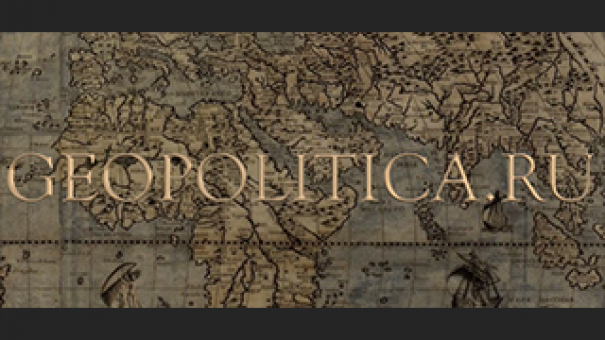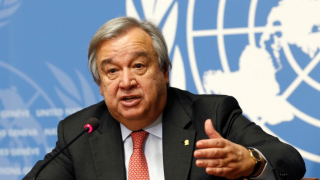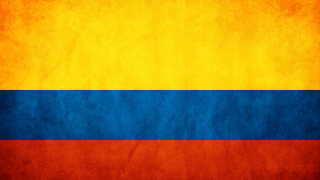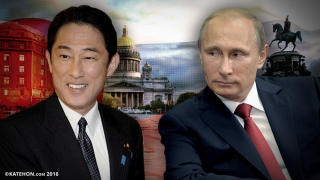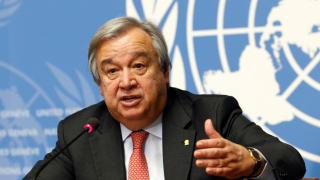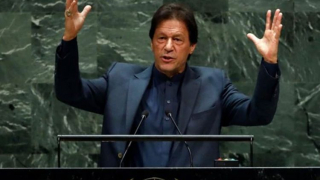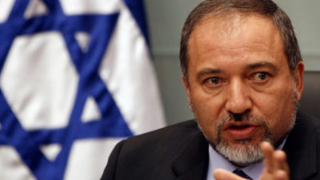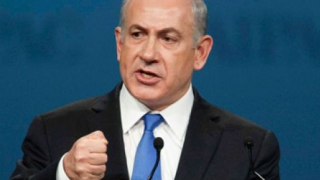See also
05.08.2017
The US State Department officially notified the UN of the withdrawal of the country from the Paris agreement on the reduction of climate change. This...
13.12.2016
António Guterres, the new Secretary-General of the United Nations, has taken the oath of office for his five-year term.
Guterres said: “The U.N. must...
13.11.2016
A new peace agreement was signed by Colombia's government and the FARC, because of the referendum the first contract was avoided.
The updated...
02.12.2016
Russian President Vladimir Putin will meet with Japanese Foreign Minister Fumio Kishida in St. Petersburg. The central event over the course of the...
29.10.2016
The Ibero-American Summit is going to be held in Colombia. António Guterres, the next United Nations secretary-general will take participation in...
06.10.2019
Taking the start from the global worry of climate change to the economic crisis owing to money laundering, and from the accelerating Islamophobia to...
19.10.2016
After Haitian protests, in which more than a hundred people was attended, the UN peacekeepers fired tear gas. It became a reason for unrests with...
21.11.2016
After the victorious advance of Syrian forces on the terrorists, many areas have been released. U.N. special envoy for Syria Staffan de Mistura...
19.10.2016
The meeting of"Normandy format" is scheduled for October 19th in Berlin. The member countries of Russia, Germany, France and Ukraine will discuss the...
27.12.2016
Israeli Defense Minister Avigdor Lieberman has called his compatriots to leave France.
This is related to the Middle East peace conference scheduled...
24.12.2016
On December 23 rd the United Nations Security Council adopted the resolution that condemned Israeli settlement construction.
Prime Minister Benjamin...
20.09.2016
As a result of air strikes in northern Yemen committed by the coalition under the leadership of Saudi Arabia, 15 civilians were killed, 12 of them...

